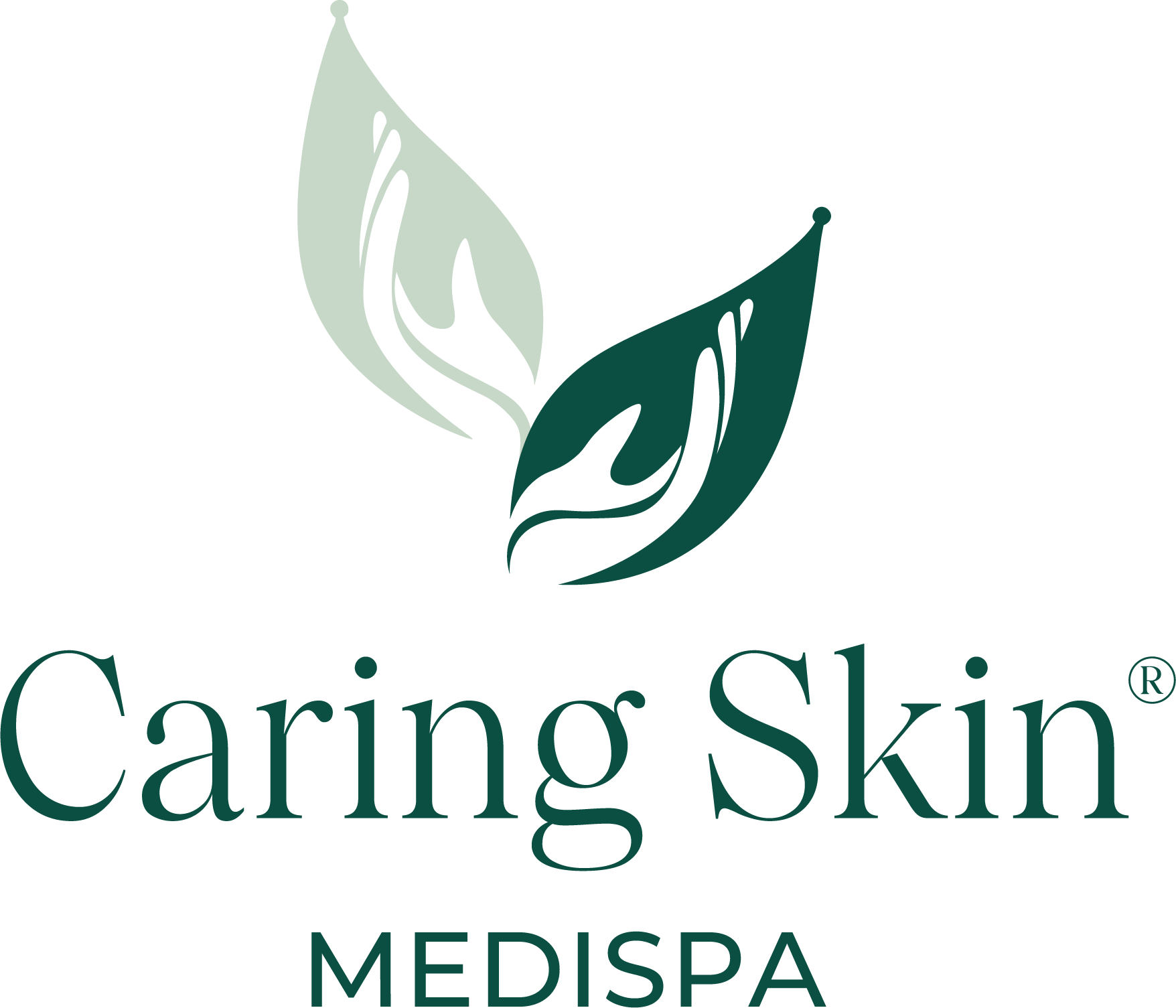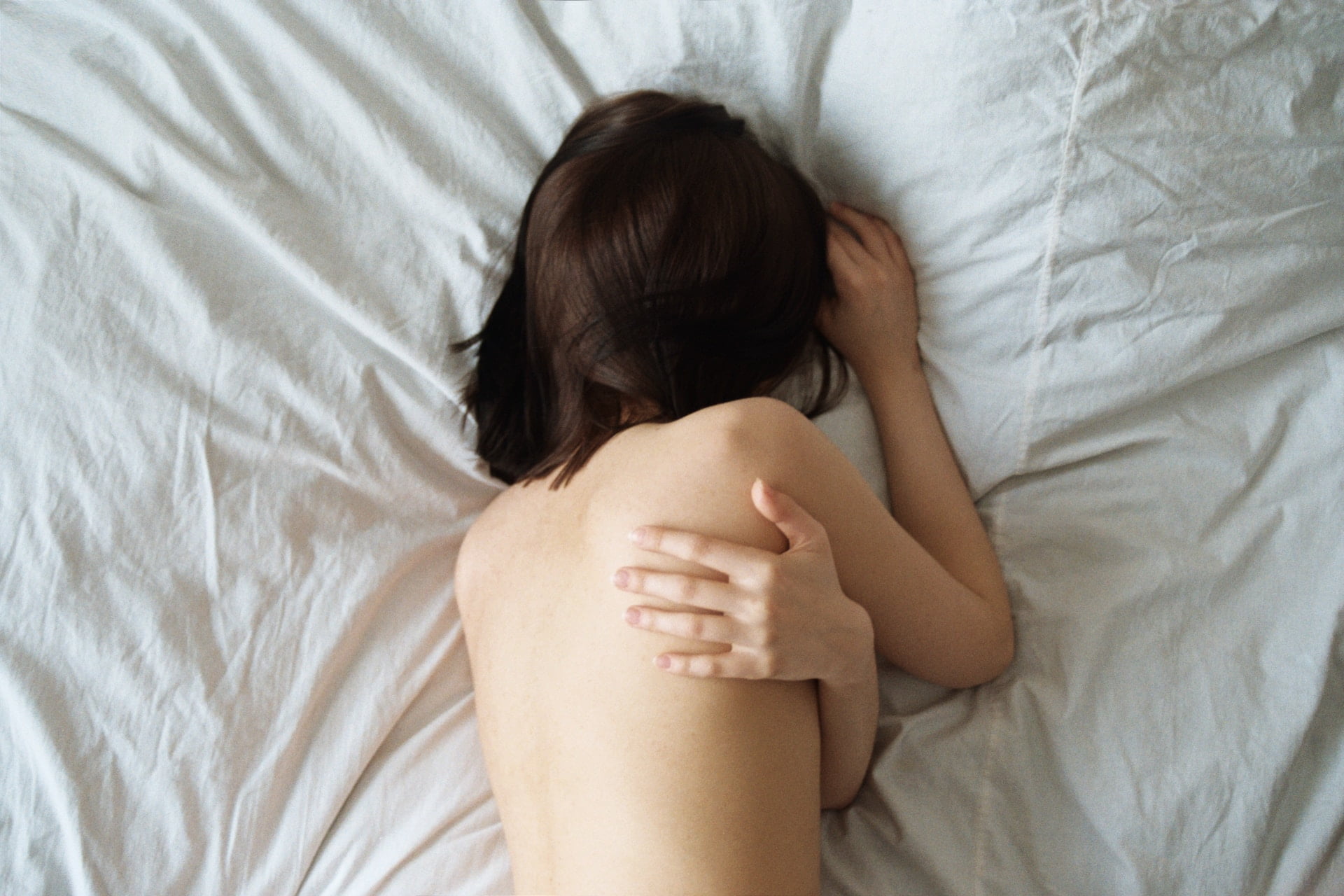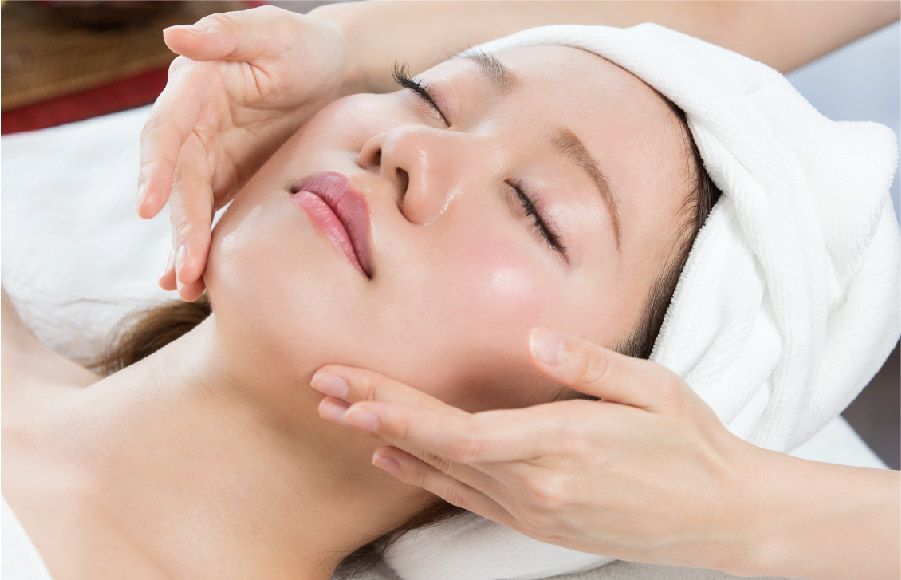Body acne can be a troublesome and often distressing skin condition.
Similar to facial acne, body acne develops when hair follicles become clogged with excess oil production and dead skin cells.
This guide will give you a comprehensive understanding of how to treat body acne and achieve clearer skin.
Understanding Body Acne: Causes and Triggers
Body acne can appear on various parts of the body, including the back (commonly known as back acne), chest (chest acne), and other areas prone to sweat and oil buildup. The main culprits behind body breakouts are:
- Excess Oil Production: This can clog your pores, leading to the formation of acne.
- Dead Skin Cells: Accumulation of dead skin can clog pores and exacerbate acne.
- Hair Follicles: If they become clogged with oil and skin cells, they can form acne.
- Hormones: Fluctuating hormones can stimulate oil glands, leading to acne.
The same factors that contribute to facial acne can also lead to developing acne on the body. Understanding these triggers is the first step in treating body acne.
Body Acne Treatments: Over The Counter Solutions
Mild body acne can often be treated with over-the-counter (OTC) products. Here are some of the active ingredients to look for in OTC acne treatments:
- Benzoyl Peroxide: This ingredient kills the bacteria that cause acne and helps to unclog pores.
- Salicylic Acid: It works by exfoliating the skin and removing the dead skin cells that can clog pores.
- Glycolic Acid: This is another effective exfoliant that removes dead skin and can help prevent body acne.
It's important to use these ingredients in a body wash specifically designed for acne-prone skin. Many acne-fighting body washes contain one or more of these ingredients. You can also find these ingredients in lotions, creams, and oil-free cleansing wipes.
Treating Severe Body Acne: When to See a Dermatologist
Severe body acne, such as cystic acne or severe acne vulgaris, requires professional medical treatment. If OTC acne products aren't effective after several weeks of use, or if your acne is causing distress or affecting your quality of life, it's time to see a board-certified dermatologist.
Your dermatologist can prescribe stronger acne treatments, such as prescription-strength topical creams, oral medications, or even procedures like light therapy or chemical peels. Remember, each case of acne is unique, and what works for one person might not work for another.
Preventing Future Body Acne Breakouts
Prevention is always better than cure. Here are some practical tips to prevent body acne:
- Shower After Sweating: Sweat can trap oil and skin cells on the surface of your skin, causing acne. Always shower after a workout or whenever you're sweating heavily.
- Use Acne-Friendly Skin Care Products: Always opt for non-comedogenic (won't clog pores) body washes and lotions.
- Wear Loose, Breathable Clothing: Tight clothing can trap sweat and oil against your skin, worsening acne.
Holistic Approach to Treating Body Acne
Apart from the mentioned medical treatments and skincare routines, a holistic approach to treating body acne involves lifestyle changes and self-care measures that support skin health.
Healthy Diet
Certain foods can trigger or exacerbate acne in some individuals. Foods with a high glycemic index, like white bread and sugary drinks, can cause your blood sugar to rise quickly, leading to an increase in insulin levels. High insulin levels have been linked with acne development. Instead, opt for a balanced diet rich in fresh fruits, vegetables, lean proteins, and whole grains.
Stress Management
Stress doesn't cause acne, but it can worsen the condition in people who already have it. Effective stress management techniques, such as meditation, yoga, deep breathing, and regular exercise, can help reduce stress levels, thereby helping to manage acne breakouts.
Proper Hygiene
While acne is not caused by dirt, practising good hygiene can help prevent excess oil and dirt from building up on your skin. This includes regular washing of clothes and bedding and avoiding the temptation to pick or squeeze acne, which can lead to scarring and skin infections.
Adequate Hydration
While drinking water won't cure acne, staying hydrated helps maintain overall skin health. Water aids in detoxification and can help improve the texture and complexion of your skin over time.
When Acne Treatment Might Not Be Working
If your body's acne persists or worsens despite your best efforts, it's crucial to consult a dermatologist. Sometimes, acne could be a symptom of an underlying medical condition. It's also possible for certain medications to cause acne. In these cases, treating the root cause will be a more effective solution.
Keep in mind that treating body acne, just like facial acne, takes time. Most acne treatments need at least a few weeks to start showing results. So, it's important to be patient and consistent with your acne treatment regimen.
In conclusion, body acne is a common condition that affects many people. With the right combination of medical treatments, over-the-counter products, and lifestyle changes, it's entirely possible to manage body acne effectively. Always remember to consult with a healthcare provider or a board-certified dermatologist to ensure that your acne treatment plan is safe and suitable for your specific needs.
Conclusion
Body acne can be distressing, but there are numerous ways to treat and prevent it. Whether it's adopting an acne-fighting skincare routine, using over-the-counter treatments, or acne treatment solutions, you can manage your body acne and work towards clearer, healthier skin. Always remember that any treatment can take time to work, and it may take a bit of trial and error to find what works best for you.









